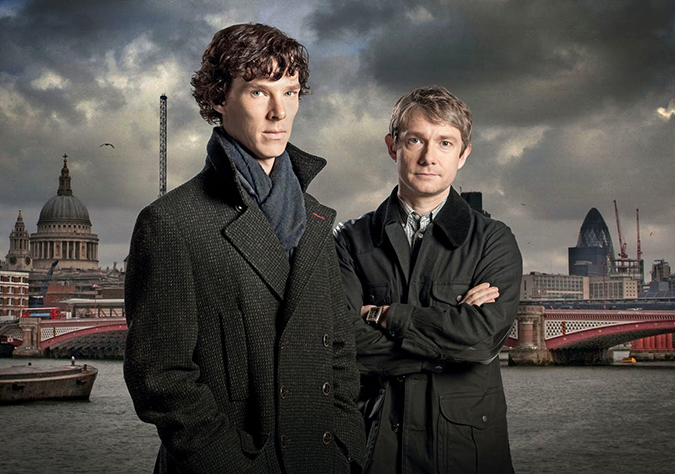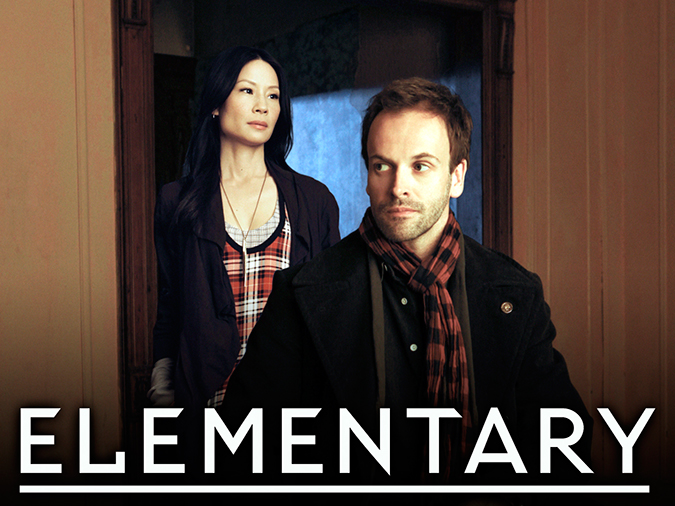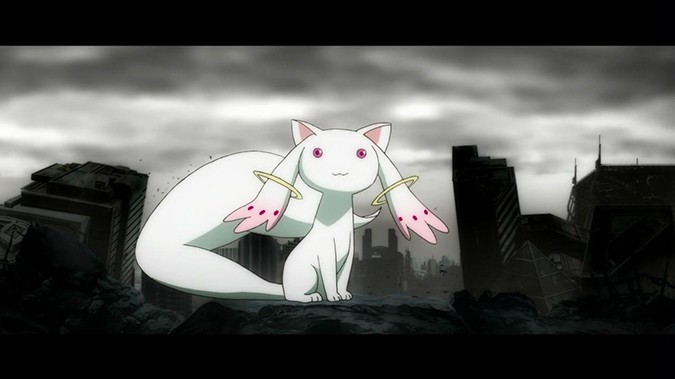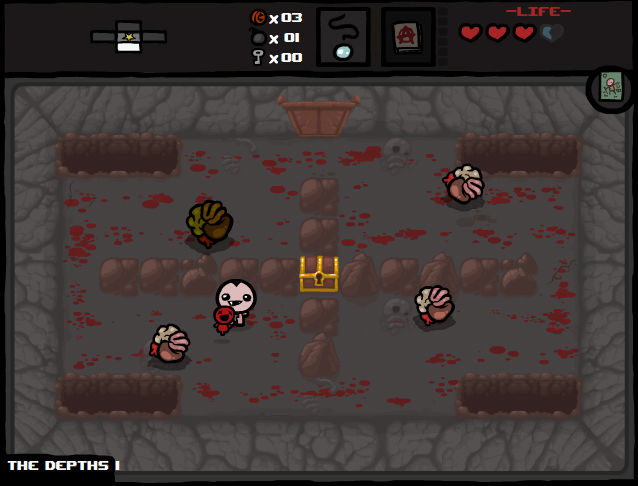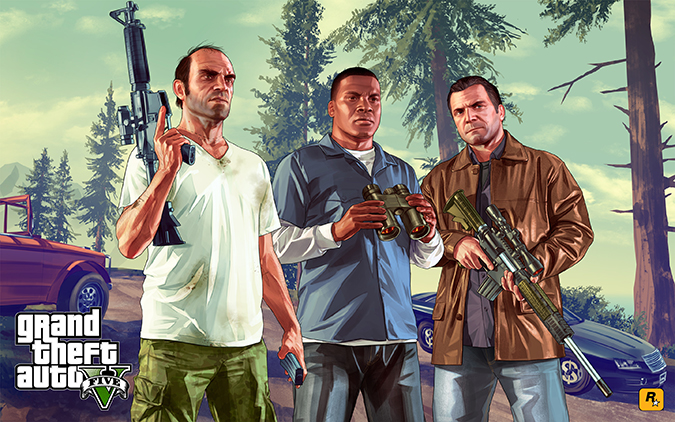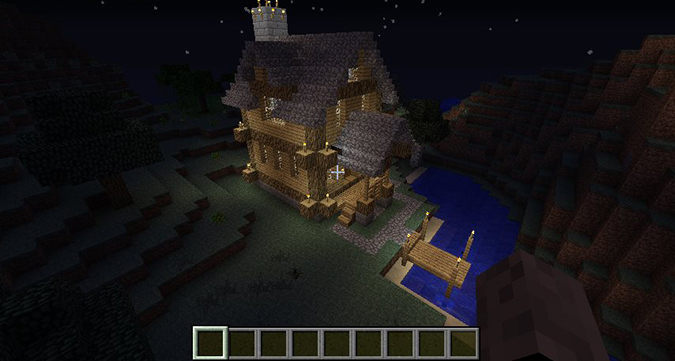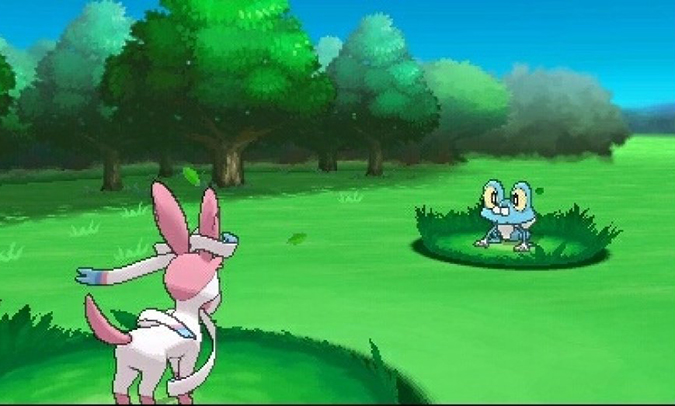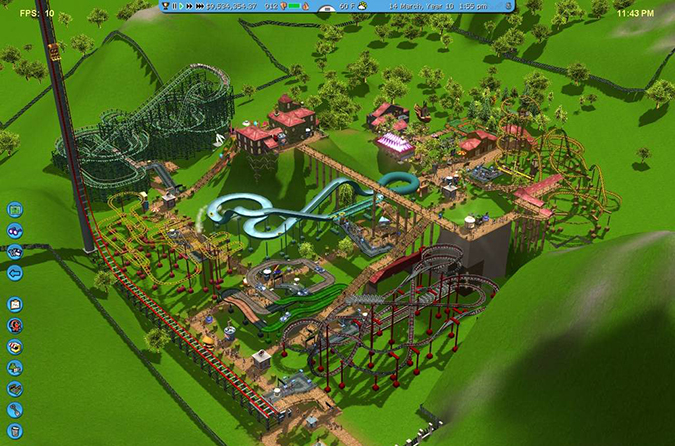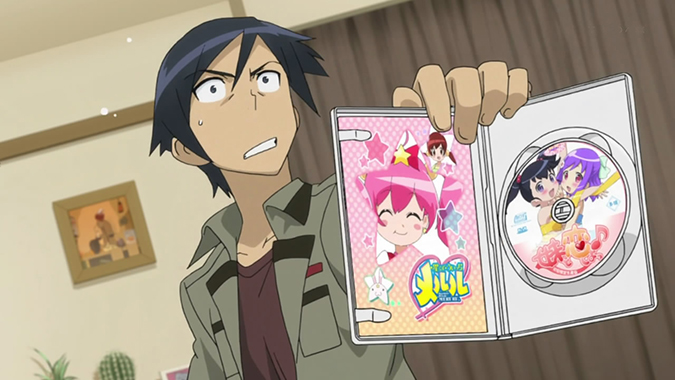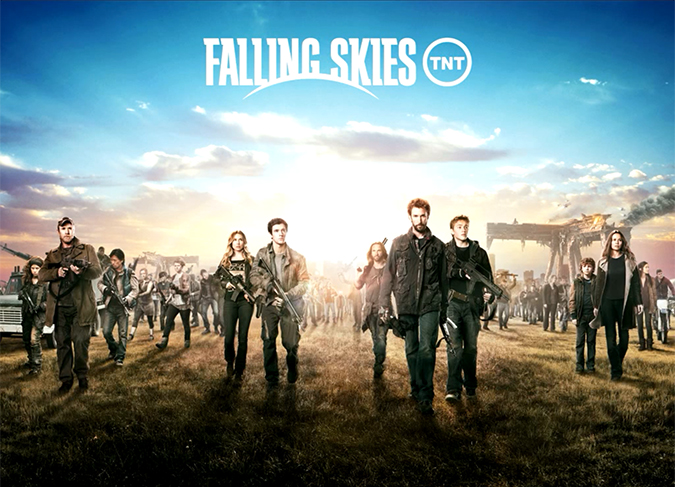Welcome to another edition of Channel Chaser! Few characters in television have received more attention in recent years than one of the most iconic super-sleuths of all time: Sherlock Holmes. Following the wildly successful revival films starring Robert Downey Jr. and Jude Law, a host of other shows have sprung up around Sherlock characters: most notably, the BBC’s Sherlock and CBS’s Elementary.
I suppose it’s only fair to start with Sherlock, seeing as it came first. After initially being put off by the first episode and refusing to watch more, once I gave Sherlock a chance I had to admit that it was a well-crafted show…for the most part. As much as I dearly love Steven Moffat for his work on Doctor Who and think he has great skill as a writer, the same problems with his technique are present in some parts of Sherlock.
Moffat excels at constructing impossible situations it seems his characters will never escape from, but when it comes to endings he occasionally drops the ball, resorting to using conveniences and deus-ex-machinas to resolve the plot. And let’s honest here: is there really any greater deus-ex-machina than Sherlock Holmes’s intellect in this show? While I understand that Sherlock is supposed to be a man unlike any other, his deductive prowess and observational skills are pretty much superhuman, raising the bar to near ludicrous levels.
On the other hand, the acting and casting in Sherlock is superb; Benedict Cumberbatch really makes you believe that he’s a high-functioning sociopath, and Martin Freeman brilliantly portrays the faithful but long-suffering Watson. I especially love how the minor characters like Mycroft Holmes, Irene Adler and Jim Moriarty are just as good, if not better than, the main cast, making the show extremely fun to watch. I just wish they had more to do, especially Watson. Freeman’s acting talent seems to be wasted a lot of the time as he is clearly not on Sherlock’s level and is confined to menial duties in investigations. This makes him a good foil to Sherlock in terms of personality, but not in action.
Sherlock is also much more faithful to the original Conon Doyle literature, as all the episodes are nearly word-for-word remakes of existing Holmes tales, minus a few modern-day updates. Elementary, meanwhile, is much more like a typical police procedural, plus a few Sherlock Holmes elements. The crimes described in the show, while they obviously take place in a different setting (New York versus London) are also relatively mundane in comparison to the elaborate plots devised by the bad guys in Sherlock. While they may not be as compelling, I think this makes the stories in Elementary slightly more interesting and original, in that the writers are essentially detailing real-world situations and thinking about how Sherlock Holmes would react to them. This pushes Holmes farther outside of his “comfort zone” and expands more on what his general character might be like if he were a real person.
Elementary does partially suffer from an overall weaker cast. Supporting characters like Thomas Gregson, Gareth Lestrade and Mycroft Holmes are dry, one-dimensional, and not overall very interesting. Even Irene Adler/Jamie Moriarty (yes, they are the same in this show, and yes, Moriarty is a woman) is potentially a very interesting character that just hasn’t had the chance to shine. I say this hopefully, but the fact is she just hasn’t wowed me yet. In Sherlock, when Jim Moriarty entered the scene, he inevitably stole it with his unbelievable charisma; and although Natalie Dormer is undoubtedly a great actress judging by her performances in Game of Thrones, she has yet to steal my attention as successfully.
I find the lead actors in Elementary are much more interesting. Although I was initially skeptical, Lucy Liu’s Joan Watson is sharp, sensitive, and keeps enough of a healthy dose of skepticism to keep Sherlock Holmes’ eccentricities in check while still being a much more active and helpful companion than her male British counterpart. Liu’s Watson even seems to be taking on the role of Sherlock’s apprentice, almost an intellectual equal to the great detective, something I don’t ever see Freeman’s Watson doing.
While I’m sure personal tastes will differ from person to person, I in many ways prefer Johnny Lee Miller’s version of Sherlock Holmes in Elementary to Cumberbatch. While Miller’s Holmes retains all the social ineptitude and genius of his British counterpart, his intellect is toned down a bit–let’s say to just genius rather than superhuman. He is also a far more emotionally open character, showing on multiple occasions that he has human flaws and really does care about the people he works with. I understand what Cumberbatch and Moffat are trying to do with Sherlock in the British series, but there is a limit to my tolerance of Sherlock’s arrogance; from the awful way he treats others much of the time, he seems meant to be an essentially unlikeable character.
The closest comparison I can draw with Miller’s Sherlock is the Doctor from Doctor Who. While he obviously has a good heart and is opposed to violence in almost all cases (something Cumberbatch seems to have no problem with, by the way), he can be self-absorbed, tactless and vain, needing some kind of “companion” to keep him balanced and away from his self-destructive tendencies. Lucy Liu’s Watson appears to be merely the latest in a long line of such companions, including Lestrade, who warns her that people who get to close to Sherlock, much like the Doctor, have tragic endings. Also, when Sherlock is roused to anger, he does so in such a dangerously calm and menacing way that it is infinitely more terrifying to me than Cumberbatch’s relatively simplistic and loud outbursts.
In the end, while Elementary appeals more to me personally than Sherlock does, I can certainly see the merits of both and must admit that both are spectacular shows. I honestly can’t wait to see what the future has in store for Sherlocks of all stripes.
Channel Chaser is written by Kyle Robertson. You can check out more of his work on his website. Check back every Friday for new articles.
